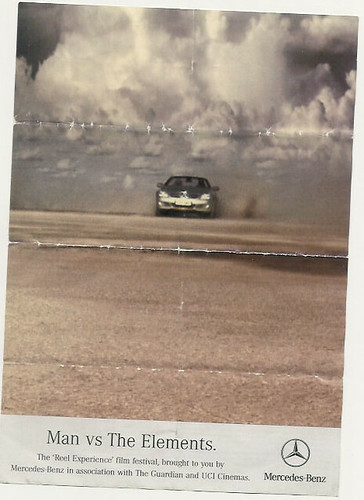skip to main |
skip to sidebar

"I do not believe that there is a single concept at this moment which deserves denunciation as intensively as the concept of life.
The concept of life in the West results from a perversion of the Christian belief according to which God, who is Life, became man. From this promise, this offer of a gift, this mysterious opening to what lies beyond, a this-worldly entity was derived. Life became an immanent idol, an all-purpose polemical label, a conceptual justification for boundless acquisition in this world.
Indeed, life permits the formation of a foundational category, separate from the cosmos, for possessive individualism. From there it is easy to see the leaps to the struggle for life against nature, other individuals and society.
In this construction, life cannot be understood apart from the "death of nature." In a continuous thread that runs back to Anaxagoras (500 - 480 BC) and up through the sixteenth century, an organic, whole conception of nature was a constant theme in the West. With varying nuances and emphases, nature was seen as alive, sensitive, at times animistic, correlated with human action.
With the Scientific Revolution, a mechanistic model came to dominate thinking - nature was then seen as dead. This death of nature, I would argue, was the most far-reaching effect of the radical change in man's vision of the universe. But an insistent question then presented itself: How do we explain the notion of living forms in a dead cosmos?
The modern substantive concept of life thus appears as a kind of mindless movement to fill the void."
Illich





2 comments:
Is this the answer?
Fascinating! Thanks for that.
Post a Comment